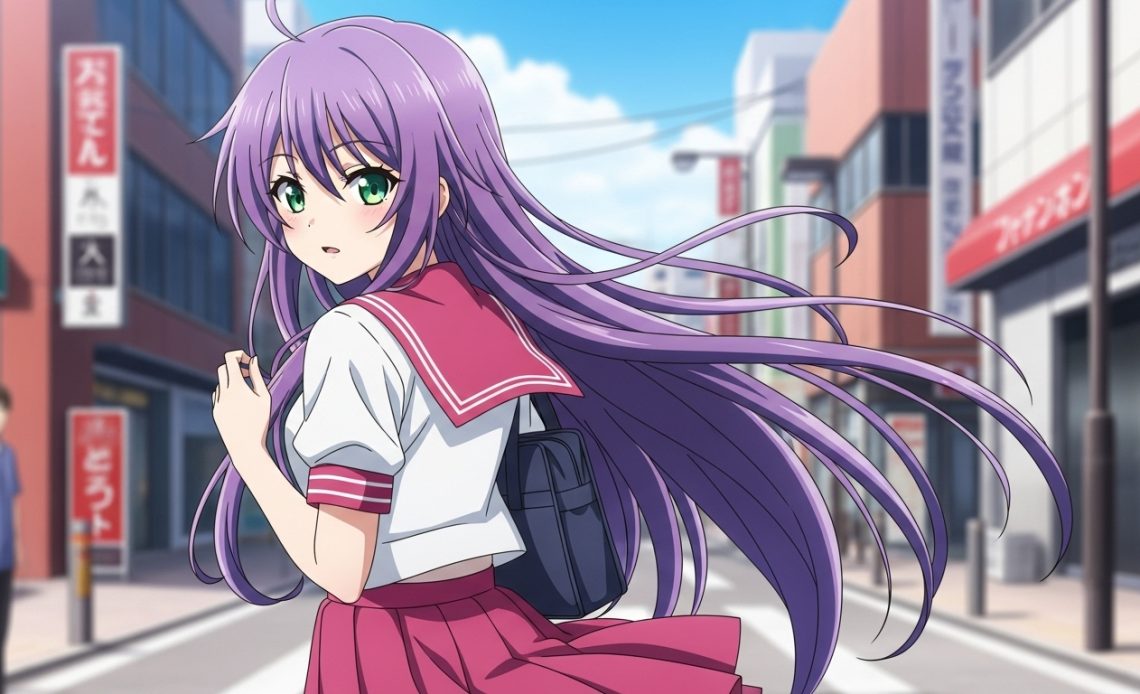
The term “seikatsu shidou,” which literally means “life guidance,” is fundamental to Japanese educational philosophy. It emphasizes the growth of children as complete individuals—emotionally, socially, morally, and behaviorally—going beyond conventional classroom education. Seikatsu shidou tackles the core of student life, while academic learning serves as the foundation of education.
What Seikatsu Shidou Means
Supporting students’ everyday behavior, morals, and general wellbeing is the goal of seikatsu shidou. It includes things like dress code, social decorum, punctuality, personal hygiene, and emotional growth. In addition to teaching kids to observe the rules, the objective is to help them develop into responsible, compassionate, and well-rounded members of society.
Instead of being viewed as a distinct program, this idea is deeply woven into the regular school day. Teachers frequently serve as mentors and life advisors, assisting students in navigating not only academic work but also social difficulties, ethical quandaries, and personal development.
Historical Context
Seikatsu shidou has its origins in Japanese educational reform movements of the early 20th century. One such movement emphasized the value of teaching pupils social cooperation and daily obligations, while another urged students to write personal essays as a way to reflect on their life.
As Japan reconstructed its educational system following World War II, life advice was codified and broadened to encompass psychological and emotional growth. This all-encompassing strategy eventually became a crucial part of student counseling, fostering societal peace as well as individual personality.
The Distinction Between Academic and Life Guidance
Academic education and student guidance are distinguished in Japan. The latter, which includes seikatsu shidou, seeks to promote social and personal development, whilst the former concentrates on curriculum areas like language, science, and arithmetic.
Many educators still use “seikatsu shidou” to highlight its foundations in moral education, everyday conduct, and fostering relationships, even though the phrase “student guidance” is frequently used in an official sense. It stands for a more democratic and community-focused method of developing well-rounded pupils.
Seikatsu Shindou’s goals
Life counseling’s primary objectives are as follows:
Developing character, emotions, and social awareness in addition to intelligence is known as holistic growth.
Moral development is the process of establishing virtues including cooperation, honesty, empathy, and respect.
Self-Reliance: Assisting pupils in developing the ability to decide for themselves and direct their own actions.
Encouraging students to make constructive contributions to their classroom and school environment is known as community building.
Seikatsu shidou essentially seeks to strike a balance between individuality and communal responsibility, which is a fundamental aspect of Japanese society.
How Schools Implement It
Numerous school events incorporate seikatsu shidou:
Daily Interactions: Teachers instruct kids on how to line up, greet people, dress appropriately, and show respect to their peers.
Homeroom and Classroom Guidance: Topics like as behavior, friendship, bullying, time management, and self-discipline may be covered in these sessions.
Group Activities: Teamwork and leadership are taught through student councils, cleaning responsibilities, and group projects.
Personal Counseling: Teachers can provide students who are struggling emotionally or behaviorally with one-on-one support.
Special Programs: Schools occasionally hold workshops or lectures on digital safety, etiquette, health, and other life skills.
In Japan, it is required of all teachers to help with life coaching, unlike in many other nations where counseling is done by experts. Both within and outside of the classroom, it is a regular aspect of the teacher’s job.
Foundations of Philosophy
Seikatsu shidou is based on a number of educational theories. It is based on the idea that education ought to be relational, ethical, and compassionate. Teachers are viewed as ethical role models who assist students in leading fulfilling lives and doing well on tests.
Additionally, the method emphasizes democratic teaching by empowering students to voice their thoughts, make decisions, and participate in fostering a positive classroom environment. It also honors the value of harmony and belonging to a group, which are two fundamental aspects of Japanese social life.
Obstacles and Things to Think About
Seikatsu shidou has drawbacks in the current educational environment despite its advantages:
Managing Academic Pressure: Life counseling may occasionally suffer from the intense focus on tests and university admission.
Changing Social Issues: Guidance techniques must be updated frequently to address issues like mental health, cyberbullying, and bullying.
Individual Needs vs. Group Norms: Schools must make sure they respect each student’s individuality even as they work to promote peace within the group.
Because of these conflicts, educators must constantly evaluate their methods and modify their strategies to accommodate students’ changing requirements.
The Path Ahead
Seikatsu shidou becomes progressively more significant as society becomes more complex. New life coaching programs are being introduced in Japanese schools as a result of growing understanding of the importance of emotional intelligence and student mental health. These consist of values-based education, digital literacy initiatives, and peer support networks.
Nurturing compassionate, considerate, and socially conscious people is crucial in a society when intellectual achievement alone is no longer sufficient. Many different educational systems can take inspiration from seikatsu shidou, which provides a potent blueprint for accomplishing this.
In conclusion
Seikatsu shidou encompasses more than just behavioral punishment and school regulations. Treating students as complete individuals rather than merely as learners is a deeply ingrained tradition. Japanese educators assist pupils develop into not only intelligent but also morally upright and responsible members of society through moral instruction, loving relationships, and daily mentoring.
This innovative strategy, which emphasizes community, character, and balance, emphasizes the significant influence of life lessons in forming the next generation.


